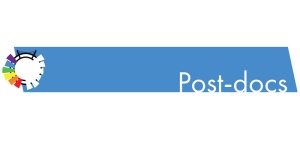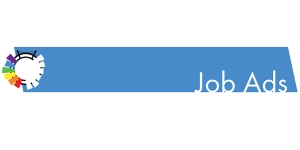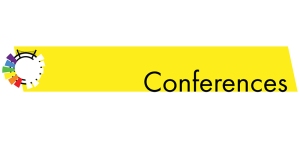Postdoctoral Research Fellow: Center for Latin American Studies, German Institute for Global and Area Studies, Hamburg, Germany. Deadline: 6 May 2024.
The German Institute for Global and Area Studies (GIGA)/Leibniz-Institut für Globale und Regionale Studien is an independent social science research institute based in Hamburg. It analyses political, social, and economic developments in Africa, Asia, Latin America, and the Middle East, and links this knowledge to questions of global significance. It combines region-specific analysis with innovative comparative research on accountability and participation, peace and security, globalisation and development, and global orders and foreign policies. The GIGA seeks to appoint a Postdoctoral Research Fellow (M/F/D) at the GIGA Institute for Latin American Studies
Applications are invited for a full-time position, with an initial contract of three years and the possibility of another three years after successful evaluation and depending on the availability of funds. The successful applicant should start as soon as possible. The successful candidate will work on Latin America’s political, social and/or development issues and/or regional cooperation. Themes of interest would be, among others, security and violence, climate change and environmental issues, and development and inequality. The candidate’s work should be situated within the GIGA’s overall research agenda, contributing both to theoretical and empirical knowledge creation, and be linked to one of the GIGA’s four Research Programmes. Candidates are asked to briefly describe the research agenda they plan to pursue at the GIGA in their application.





